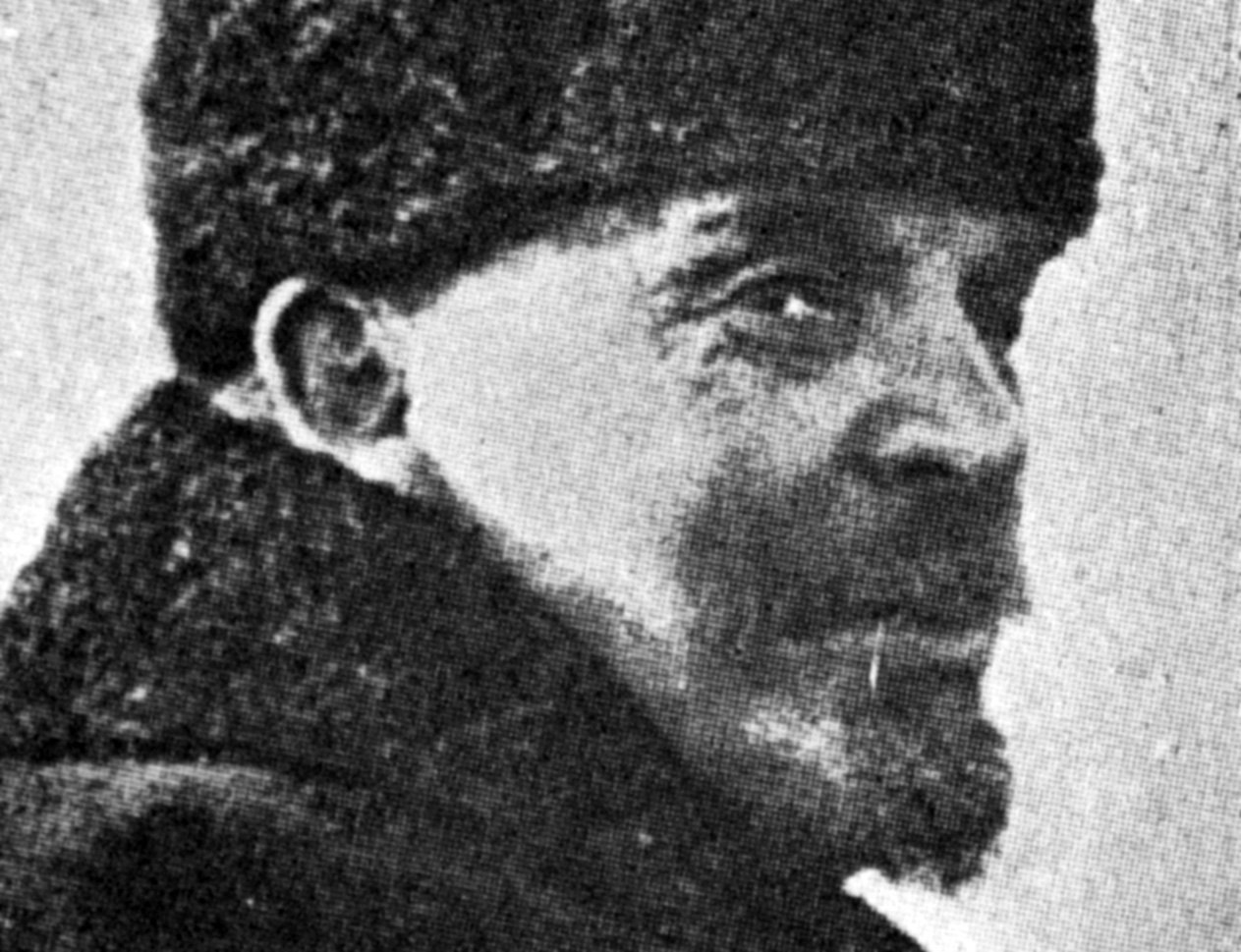

Nicholai Lenin’s real name was Vladimar Ulianov. His change of name was due to the fact that in the old days the Russian revolutionary movement was an underground organisation because of official persecutions. Its membership assumed "party" names to hide their real identity. As a result, they became much better known by their assumed names than by their real names.
Lenin was President of the Council of People’s Commissars — otherwise Prime Minister of Russia — and was the central figure of the Russian revolution. He was born in Simbirsk, Russia, on April 10, 1870 of a family of the nobility. He was educated at the University of Kazan and Petersburg, and became master of several languages. Like his brother, Alexander, who was shot in 1887 for his revolutionary activities, Lenin was a born rebel. He was expelled from the Kazan University for helping to organise a student’s demonstration there. In 1897 he was exiled to Siberia, where he served three years.
He left Russia in 1900, and travelled over Europe, taking an active part in the international movement. He became the leader of the left wing of the Russian Social Democratic Party. In 1905 this became the Bolshevik, or majority section. It was the forerunner of the modern Russian Communist Party. During the big uprising in 1905 Lenin returned to Russia, but he had to flee when the movement broke down. Then ensued another long period of wandering, during which he wrote a number of important books. After the first revolution in 1917 he went back to Russia. From that time on he played a leading part in Russian affairs.
More than any other man he was responsible for the great revolutionary policies that have been carried out. The organising of the resistance to Kerensky, the Brest-Litovsk treaty, the introduction of compulsory military service and the ex-Czarist officers into the Red Army, the gradual transference of the management of industry from the actual producers’ hands into those of the experts, the new economic policies of industrial treaties with capitalist nations, the grain tax, etc — were either his own propositions or he co-operated with those who foresaw their necessity.
"He was," says an admiring writer, "the rare case of an eminently practical radical, and had an uncanny ability to divine the way things would develop. Time and again he fought in a minority against the violent prejudices of the large majority, only to be brilliantly justified by the course of events later on. The advocacy of the Brest-Litovsk treaty, which saved the revolution by giving it a few months’ respite from attack, was one of his great achievements. He was remarkable for his willingness to confess himself mistaken and to face a situation squarely, no matter what the circumstances." In March, 1921, Lenin found cause to modify the strict principles of Communism and a new economic regime bearing much more relationship to ordinary capitalism was begun, one of its results being the negotiation of commercial treaties with those countries which promised to recognise the Soviet government. Since July, 1922, Lenin had been disabled by illness from an active part in his country’s government, though he retained nominally the position of President of the Council of Commissars. — ODT, 24.1.1924
Compiled by Peter Dowden












